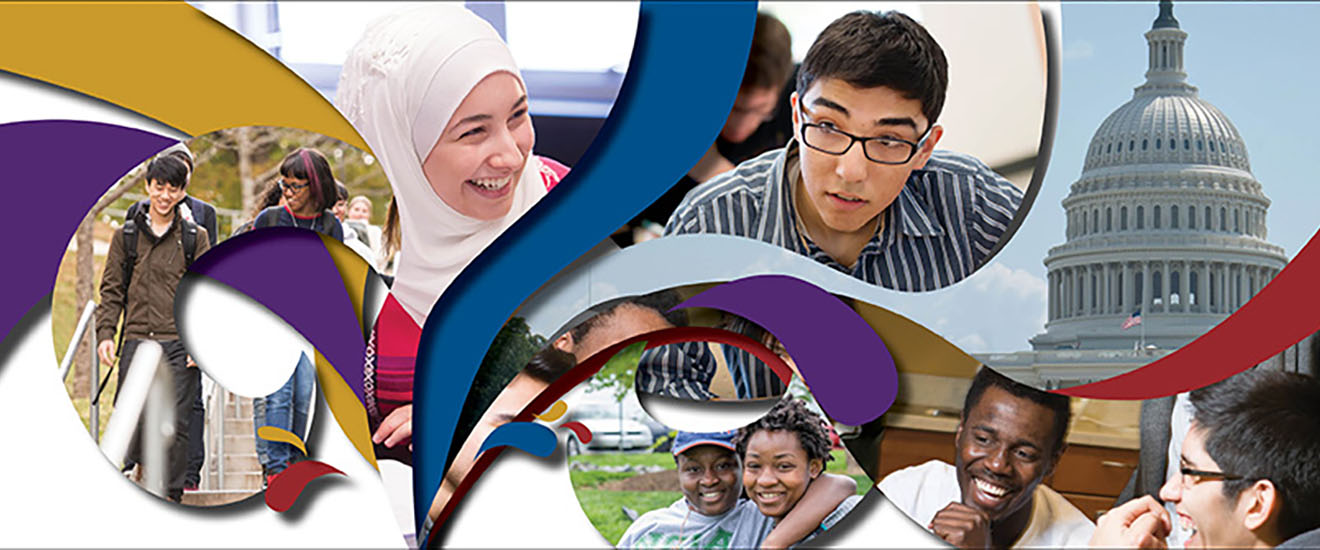F-1 students are eligible to travel outside the United States while they are pursuing their academic program (i.e. language training or associate degree) or are engaged in Optional Practical Training
You will need to obtain a travel signature on your I-20 before you depart the United States.
Before you leave:
- Submit F-1 Request for Services Form 125-061 at least two weeks prior to your departure.
- Check your F-1 visa: it should be valid at least until the date you plan to return to the U.S. If it is expired, you will need to apply for a new visa at the U.S. Embassy before you can re-enter the U.S.
- Know when your classes begin next semester and return back to U.S. on time to start your classes.
- Communicate with your professors if any classes will be missed
- Avoid Termination: If you return late or miss too many classes you will be dropped which will result in your I-20 being terminated if you cannot return to 12 credits quickly
To re-enter the U.S. in F-1 status have the below documents with you in your carry-on bag:
- Valid I-20 with travel signature on the third page. NOVA recommends the I-20 be signed within five months of your return date.
- Valid passport
- Current F-1 visa
- Original EAD card (if on OPT)
- Letter of employment (if on OPT)
You may also wish to have with you:
- Financial documents from your sponsor
- Copy of your NOVA transcript (request through MyNOVA at least 10 days prior to departure)
Change of Status Students:
If you have previously changed from another status into F-1 from inside the U.S., you received the benefits of F-1 status, but you did not receive a new visa. This means you will need to go to the U.S. Embassy and apply for an F-1 visa in order to return to the U.S. in student status.
Temporary Absence from the U.S.:
If you will be out of the U.S. for an extended period of time during the fall or spring semester, you may need to make arrangements to ensure your I-20 is active when you return.
Please review this document for more information:
Learn More
